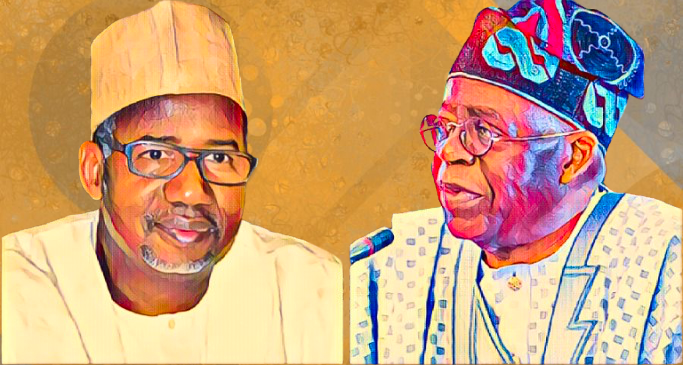KEY POINTS
- Presidency rejects Bauchi governor’s criticism of tax reforms.
- Federal government emphasizes collaboration over threats and division.
- Tax reforms aim to simplify processes and boost state revenues.
The Nigerian presidency has responded sharply to Governor Bala Mohammed of Bauchi State, urging him to withdraw his comments criticizing President Bola Tinubu’s tax reform policies.
The presidency emphasized the need for dialogue over confrontation, highlighting the benefits of the reforms for northern states and the nation as a whole.
Presidency rebukes governor’s remarks on tax reform
On December 25, during a Christmas homage at the Government House in Bauchi, Governor Mohammed criticized the administration’s tax reform bill.
He described the policies as “anti-northern” and warned of a potential backlash if the reforms persisted, saying the northern region would “show its true colors.”
President Tinubu’s Special Adviser on Media and Public Communication, Sunday Dare, condemned the governor’s statement in a post on X (formerly Twitter).
The post, titled “RE: We’ll Show Tinubu Our True Colour,” called Mohammed’s remarks divisive and unproductive.
“This unfortunate statement does not represent the collective voice of Northern Nigeria,” Dare wrote. “Rather than issuing threats, his energy might be better directed toward implementing poverty alleviation programs and ensuring transparent use of federal resources.”
Northern states urged to focus on collaboration
The presidency pointed out that Bauchi State has received N144 billion in federal allocations under the current administration, a significant increase from past disbursements.
Despite this, the state continues to face poverty and developmental challenges.
Dare urged the governor to focus on collaborative governance, emphasizing that the Tax Reform Act simplifies complex tax systems, particularly benefiting small businesses in states like Bauchi.
“The challenges we face—poverty, security, economic growth—transcend state boundaries and political affiliations,” Dare said. “Our leaders must prioritize unity and constructive engagement to build a stronger Nigeria.”
According to Vanguard, the presidency also highlighted how the reforms are designed to benefit all regions, urging northern leaders to engage with the federal government constructively rather than fostering division.
Presidency calls for unity and national cohesion
In his statement, Dare stressed that addressing Nigeria’s challenges requires unity, not threats. He called on public officials to move beyond regional sentiments and focus on solutions that benefit citizens across the country.
“The path forward lies not in confrontation but collaboration, not in threats but in thoughtful engagement,” he said. “This is the leadership Nigeria needs—one that builds bridges, not barriers.”
Dare concluded with a Hausa proverb to appeal to the governor, urging cooperation: “Gyara kayanka baya zama sauke mu raba,” which translates roughly to “Fix your problems without resorting to separation.”



